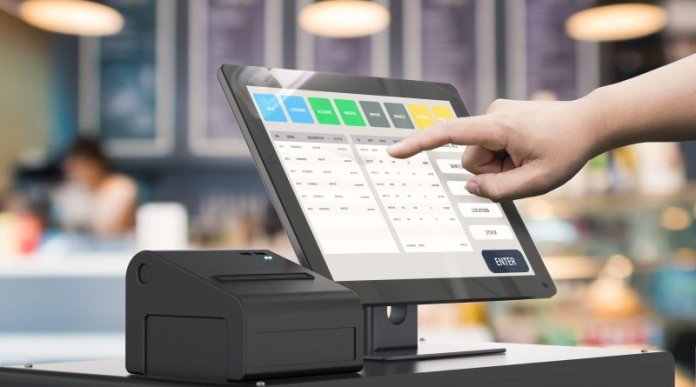Running a business successfully requires managing multiple tasks at the same time, from sales and inventory to customer service and reporting. A point of sale system can make all of these tasks easier and more efficient. Whether you run a small retail shop, a restaurant, or a service-based business, having the right system in place can save time, reduce errors, and improve your overall operations.
Understanding the Point of Sale System
A point of sale system is more than just a cash register. It is a combination of hardware and software designed to handle sales transactions, track inventory, manage customer information, and generate reports. Modern systems can include touch-screen terminals, barcode scanners, receipt printers, and integrated software that connects to your inventory and accounting systems. By bringing all these functions together, a point of sale system becomes a central hub for managing your business operations effectively.
Simplifying Sales Transactions
One of the most immediate benefits of a point of sale system is the speed and accuracy it brings to sales transactions. Instead of manually entering prices and calculating totals, the system automatically handles calculations, taxes, and discounts. This reduces the chances of human error and ensures that each transaction is processed quickly. For businesses with high customer traffic, this efficiency can improve the customer experience and reduce waiting times, which often leads to higher satisfaction and repeat visits.
Efficient Inventory Management
Keeping track of stock is a challenge for many business owners. A point of sale system can simplify inventory management by automatically updating stock levels with each sale. Some systems even allow you to set alerts for low stock or automatically reorder items when inventory reaches a certain threshold. This not only prevents overstocking or stockouts but also saves time that would otherwise be spent manually counting and tracking inventory. Efficient inventory management ensures your business can meet customer demand without unnecessary delays.
Enhancing Customer Experience
Customer satisfaction is a key factor in the success of any business. A point of sale system helps enhance the customer experience by storing detailed customer information, including purchase history and preferences. This data allows businesses to offer personalized service, loyalty programs, or special promotions tailored to individual customers. Additionally, the speed and accuracy of transactions make shopping more convenient, leaving customers with a positive impression of your business.
Streamlining Reporting and Analytics
Making informed business decisions requires accurate and timely data. A point of sale system generates detailed reports on sales trends, product performance, and employee activity. These insights help business owners identify popular products, monitor sales patterns, and make strategic decisions about pricing, promotions, or staffing. With easy access to this information, businesses can operate more efficiently and respond quickly to changes in the market.
Integrating with Other Business Tools
Many modern point of sale systems can integrate with other business tools, such as accounting software, e-commerce platforms, and marketing tools. This integration allows for seamless data flow between systems, reducing manual data entry and minimizing errors. For businesses that operate both online and offline, this connectivity ensures that sales and inventory are always synchronized, providing a clear picture of the business’s overall performance.
Conclusion
In today’s fast-paced business environment, efficiency and accuracy are essential. A point of sale system provides a reliable way to streamline your operations, from simplifying sales transactions and managing inventory to enhancing customer experiences and generating useful reports. By investing in a system that fits your business needs, you can save time, reduce errors, and focus on what matters most: growing your business. A well-implemented point of sale system is not just a tool for transactions; it is a strategic asset that can help your business operate smoothly and efficiently.


